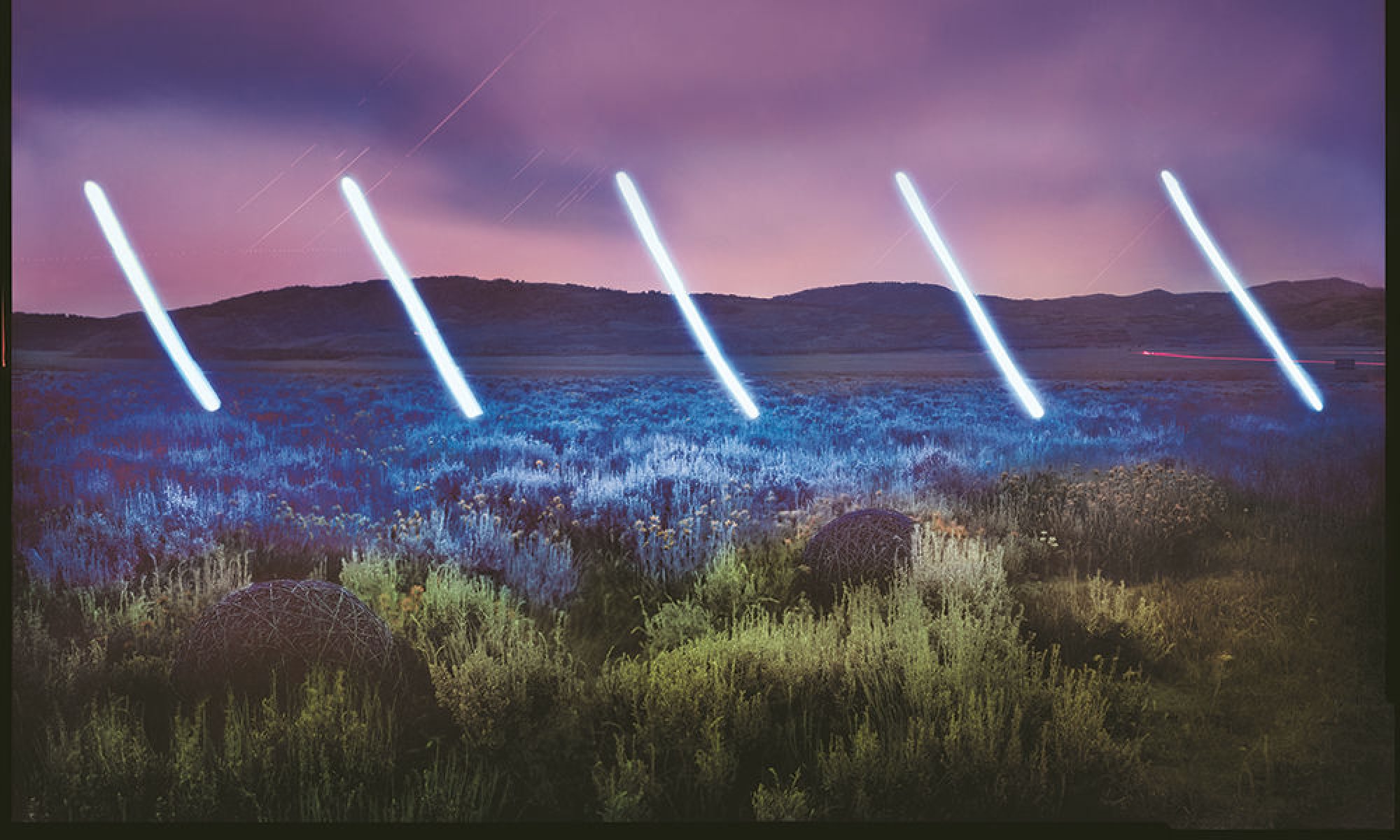We writers, as it turns out, love talking about writing. I remember being in my first creative writing class – I had just abandoned my business degree to chase down (and possibly trample) my dreams. I nervously approached my creative writing instructor, for whom I had deep respect and whose book I adored, to ask for more: More feedback! More marks! More validation of my creative genius!
What’s more, I wanted to defend my poem which was inspired by the philosopher Slavoj Žižek and was about contemplating the Deepwater Horizon oil spill and mass extinction while pumping gas. I wanted feedback on the various sound effects in said poem (Was Eee-er, Eee-er or glub, glub more precise for a gas pump?). I wanted an A+ on my portfolio and not an A- (because I have no school money and need awards). I also wanted him to look into my soul, and say, ‘Ah, yes! I see you fellow writer.’
So, this is all to say, I’ve been there as a student. Now, as a TA and teacher, I’ve been on the other side of the conversations about creative work. I can say with great certainty, that at some point it will happen to you.
You may get approached after class by a nervous/tearful/frustrated student, with their 72% piece in hand. You may get a student from your Intro to CrWr class who has written a rough first draft of a YA mystery novel about the Large Hadron Collider and tiny black holes that swallow pets, and they are so excited for you to read it and give feedback. You may also get a student that is convinced that you don’t get their vision and/or that the assignment is clipping their creative wings (Resource: Three Office Hour Scenarios, Strategies, and Phrases to Use). You will also encounter microaggressions, and problematic, offensive statements within creative work (Resource: Engaging with Problematic Statements in Creative Work (or Not!)).
Reflecting from where I stand now, I own that I have been on both sides of ALL of these conversations. When I engage as a teacher, I hold in my heart that one meeting I had way back in the beginning of my creative writing education (Me: CrWr hatchling, making bold career choices, and with my list of unreasonable asks. My teacher: no idea what was coming).
In that meeting, I don’t remember his specific feedback, but I do remember his patience, generosity, encouragement, and his readiness to connect. Maybe half-way through blurting my way through my questions, half-formed dreams, and starting an impromptu workshop on sound effects, he said, ‘Hey, I want to show you something.’ He went to his bookshelf and pulled out his first poetry chapbook, and handed it to me. I flipped through it. “What do you think?” he asked.
“It’s great.” It was a gift to see where he had come from. The writer who had made that first chapbook, one word after the next, continued writing, thereby, constructing the writer that he would become. What I didn’t say was that it was kinda mediocre work. “How did you make it?” I asked.
He told me that he and his friend had fun cobbling it together in an afternoon using scraps of poetry, an X-Acto knife, random angsty doodles, and a photocopier.
“Everybody has to start somewhere,” he said, as if to say, I hear you, writer. Look, I’ve been there too. Keep going!
And since you’ve read this far… A poem [WITH INSTRUCTOR FEEDBACK] written in 2010 about contemplating the Deepwater Horizon oil spill and mass extinction while pumping gas, also inspired by the philosopher Slavoj Žižek.
“Apparatus”
Squeeze Pump Hose Box
Eee-er, Eee-er, Eee-er
[SOUND EFFECTS DON’T WORK WELL IN A POEM]
Zero Eyes Roll Back
Reee, Reee, Reee
Sea Man Drill
Spill, Glug
-Stop-
[HMMM. THIS ONE FEELS RATHER THIN BY COMPARISON TO THE OTHERS. PLAYFUL BUT SORT OF UNDERFED.]
***If you want to honour your bold, hatchling writer-self, please post a line from your early days in the comments.***
